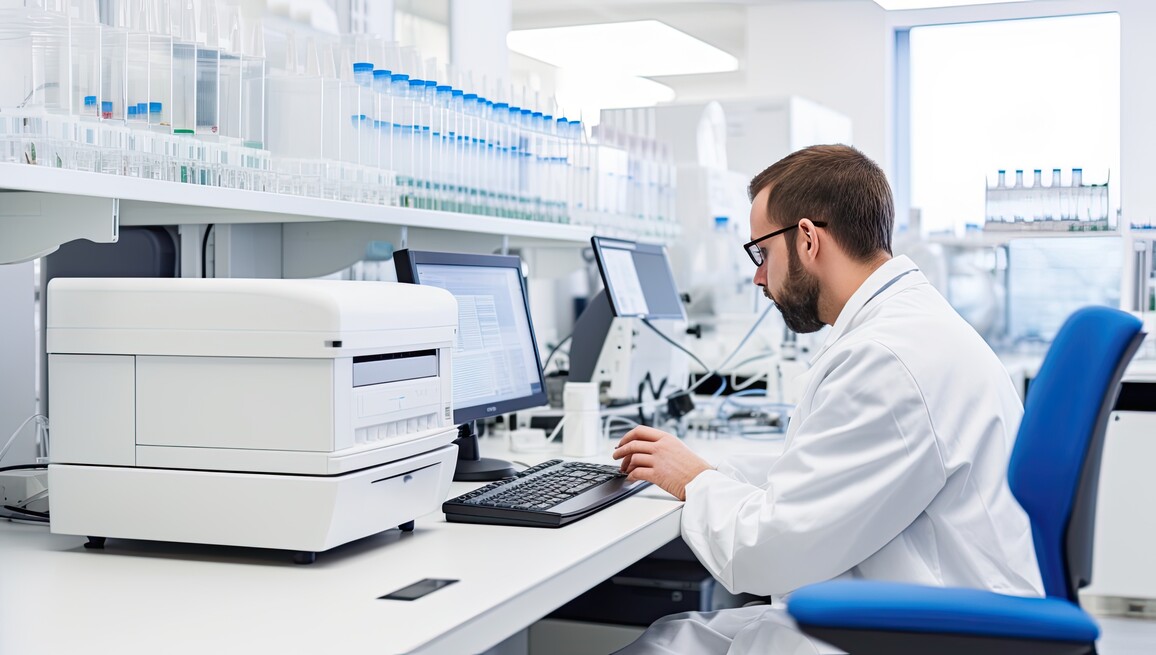Predictive biomarker signatures for therapy stratification of patients with malignant brain tumours : Date:
Munich Ludwig-Maximilians-University – Dr. med. Alexander Beck
conceptual period
Recipient: Munich Ludwig-Maximilians University
Funding: Go-Bio initial (01/10/2022 to 30/09/2023, EUR 119,936.40)
Malignant brain tumours are still associated with one of the worst prognoses of all cancers. Brain tumours are even the most common cause of death in children within Germany. The most commonly diagnosed malignant brain tumour is glioblastoma, which is associated with a median survival time of only 12 months following diagnosis. There is currently no effective therapy for these tumours.
The GLIO-CURE project is concerned with the identification of new therapeutic options for patients with malignant brain tumours. Thanks to a unique organoid technology, realistic models of human brain tumours can be generated in the laboratory. The project aims to use these models for drug development, predictive biomarker identification and personalised therapy decisions.
Due to its high reproducibility, strong biological relevance and appropriate scalability, the model offers optimal conditions for the identification and rapid clinical deployment of new therapeutic options. At the same time this results in numerous economic exploitation options with a high level of value-added potential, which are to be determined within the project.
feasibility stage
Recipient: Munich Ludwig-Maximilians University
Funding: GO-Bio initial feasibility phase 3 (01/10/2023 to 30/09/2025, EUR 599,305.86)
Malignant brain tumours are associated with one of the worst prognosis of all cancers. The most common malignant brain tumour is glioblastoma, with a median survival time of only 12 months after diagnosis. For other cancers (e.g., carcinomas, melanomas or sarcomas), some of which can be treated well, metastasis to the brain often represents the beginning of a palliative situation as there are no approaches for treatment.
The aim of the project is to identify so-called predictive biomarker signatures that make it possible to draw conclusions about which individualised therapy can be offered to patients (therapy stratification). Predictive biomarkers make it possible to make statements about the probability that a therapy will be effective for a patient and support the selection of a suitable therapy option. Thanks to a unique organoid technology, it is possible to create realistic models of human brain tumours in a laboratory. These organoid models are reproducible, biologically relevant and scalable. Within the framework of the project, corresponding biomarker signatures on such tumour organoids will be identified and subsequently validated on primary brain tumour tissues and their clinical predictive values will be evaluated. A precision oncological testing service that is independent of the tumour organoids and enables the detection of predictive biomarker signatures will be developed as a later product.
